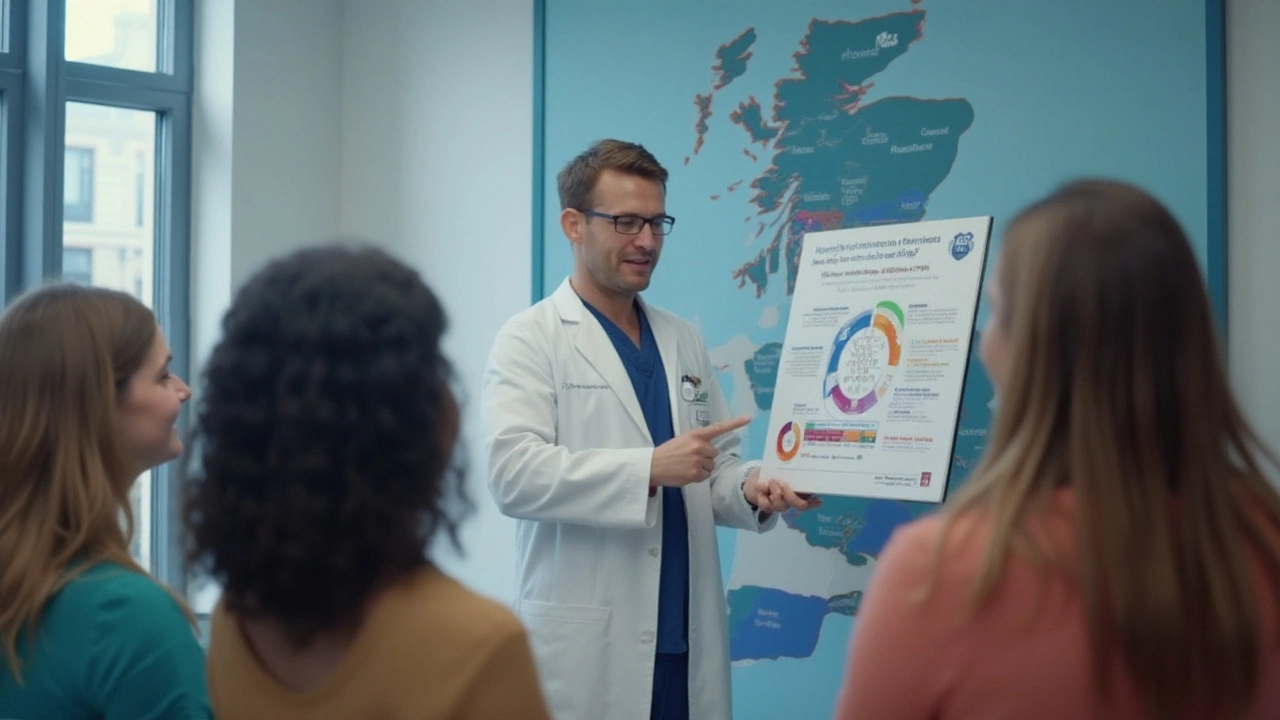NHS Eligibility: Who Can Use Free UK Healthcare?
If you’re wondering whether you can get treatment on the NHS without paying, you’re not alone. The rules can feel a bit fuzzy, but the basics are pretty clear once you break them down. Below we’ll walk through who’s covered, what you need to prove, and the common pitfalls that trip people up.
Residency and Nationality Requirements
First off, the NHS is built around residency, not citizenship. If you live in England, Scotland, Wales or Northern Ireland for at least six months, you’re normally entitled to free care. That means anyone with a permanent address, a work visa, or a settled status can register with a GP and start using services right away.
Students from the EU, EEA or Switzerland used to have special arrangements before Brexit, but now they need to meet the same residency rule. If you’re on a Tier 4 student visa and have lived in the UK for six months, you’re good to go. Short‑term exchange students usually aren’t covered unless their home university has a reciprocal agreement.
British citizens living abroad can still claim NHS treatment if they’re temporarily back in the UK for less than six months. However, you’ll need proof of your overseas residence – a utility bill or a foreign tax return works.
Visitors, Tourists and Expats
Tourists and short‑term visitors generally don’t get free NHS care. If you need emergency treatment, the NHS will still see you, but you’ll be billed later. A travel insurance policy that covers medical costs can save you a nasty surprise.
Expats moving to the UK face a short waiting period. You can register with a GP as soon as you have an address, but full eligibility kicks in after six months of continuous residence. During that window, private insurance is a smart backup.
There are a few exceptions that catch people off guard. If you’re an asylum seeker, you qualify for free NHS care from day one, even without a permanent address. Likewise, refugees and victims of modern slavery are covered under the same rules.
To prove eligibility, you’ll need a combination of documents: a passport or ID, proof of address (like a council tax bill or tenancy agreement), and evidence of your immigration status (visa or Biometric Residence Permit). The local NHS registration desk will walk you through the checklist.
One tip that saves time: bring both your original documents and clear photocopies. The staff can verify everything on the spot, and you won’t have to make another trip.
If you’re unsure about your status, the NHS website has a handy eligibility checker. Just pop in a few details and you’ll get a clear answer. It’s faster than waiting for a phone call or an email.
Bottom line: residency of six months is the core rule, with a handful of special cases for students, refugees and short‑term visitors. Keep your paperwork tidy, know your visa type, and you’ll avoid most headaches when you need care.
How to Qualify for Free Healthcare in the UK
This article explores the requirements to access free healthcare in the UK. It explains the National Health Service (NHS) system and clarifies who is eligible for free medical care. The importance of residency status and how it affects healthcare entitlements is covered. The piece also provides guidance on how non-residents and visitors can access healthcare services and the costs involved.

